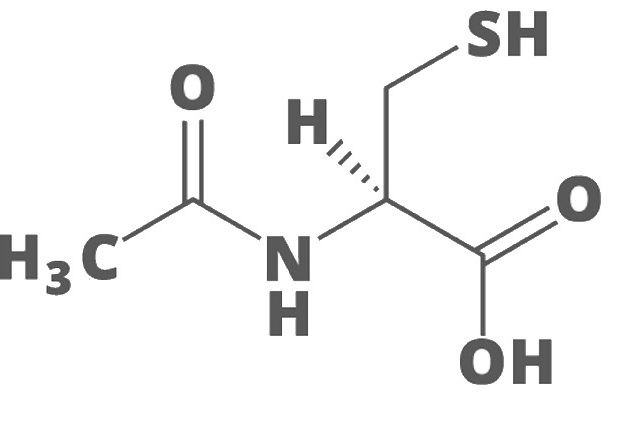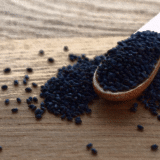N-acetyl-cystein (NAC) & Withdrawals
N-acetylcysteine (NAC) is a form of cysteine which is an “semi-essential” amino acid.
Semi-essential indicating the body can create it from various other amino acids, specifically methionine and serine. It will become crucial only once the nutritional consumption of methionine and serine is low.
Cysteine can be found in the majority of protein rich foods, including chicken, turkey, yogurt, cheese, eggs and sunflower seeds.
NAC is valued mainly due to its role in antioxidant creation.
Alongside two other amino acids — glutamine and glycine — NAC is required to create and replenish glutathione.
What is Glutathione you say?
Glutathione is one of the body’s most vital antioxidants, which will help counteract free radicals that can harm cells and tissues in the human body. It’s important for immune health and combating cellular damage. Some experts believe it might even contribute to longevity [1].
Due to the antioxidant properties alone, NAC is great for withdrawals. Studies have shown it is great for preventing side effects of drugs and environmental toxins [2]. NAC also has applications for liver diseases due to its antioxidant and anti-inflammatory benefits [3].
NAC aids in regulating levels of glutamate — the most crucial neurotransmitter in the brain [4]. This simply means it helps transmit messages around the brain. It’s also responsible for retaining memory and learning.
Although, lots of glutamate isn’t necessarily something you need. In some instances, it can turn into what’s known as an excitotoxin. “Toxin” is seldom a good word, and it certainly isn’t favorable in cases like this. In its role as an excitotoxin, glutamate can overstimulate your brain cells leading do intrusive thoughts or OCD. Which is another big symptom of anti-depressant withdrawal.
For those with bipolar disease and depression, NAC can help reduce symptoms and help your overall capability to function. There’s a good amount of research suggesting that it might play a role in treating moderate to severe OCD and addictive behavior [5, 6].
Anti-depressants withdrawals has the ability to impact your immune system due to the lack serotonin when stopping the drug [7]. NAC can help give you the boost you need during these times allowing you to curb the withdrawal symptoms as well as allowing your compromised immune system to function better. This is why we think NAC is essential to assist an individual with getting off of Cymbalta or any other anti-depressant. Again, NAC is safe for most of the population but everyone’s bodies are different and if you should experience any negative side-effects, stop consumption of the supplement immediately.
Sources:
- https://www.ncbi.nlm.nih.gov/pubmed/24835770
- https://www.ncbi.nlm.nih.gov/pubmed/9727078
- https://www.ncbi.nlm.nih.gov/pubmed/26694382
- https://www.ncbi.nlm.nih.gov/books/NBK10807/
- https://www.ncbi.nlm.nih.gov/pubmed/27137430
- https://www.ncbi.nlm.nih.gov/pmc/articles/PMC3044191/
- https://www.sciencedaily.com/releases/2006/01/060119230939.htm




